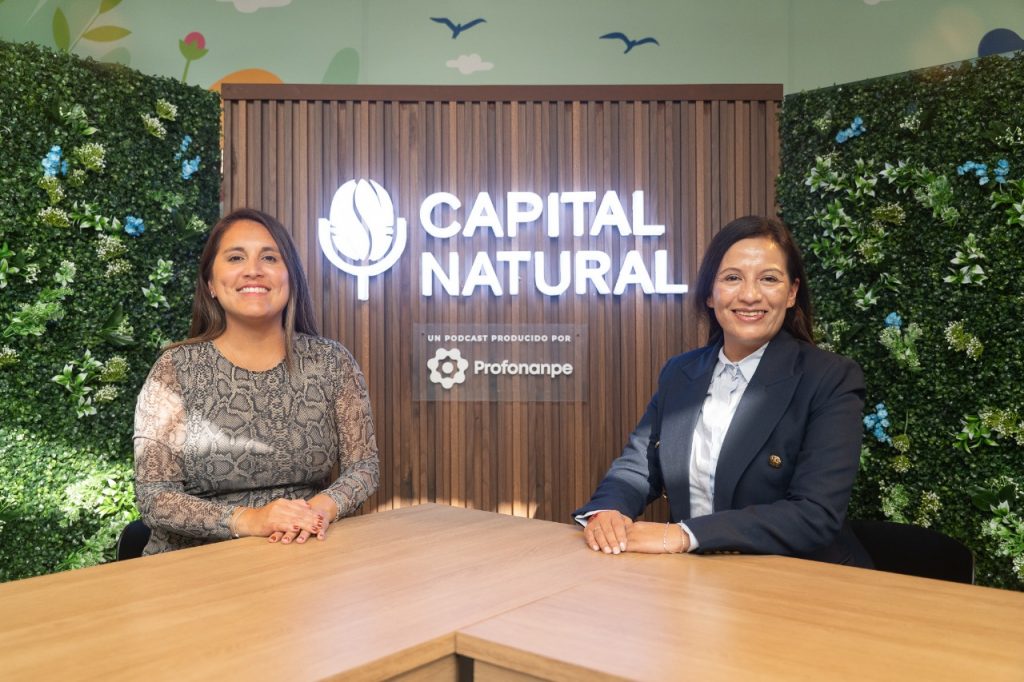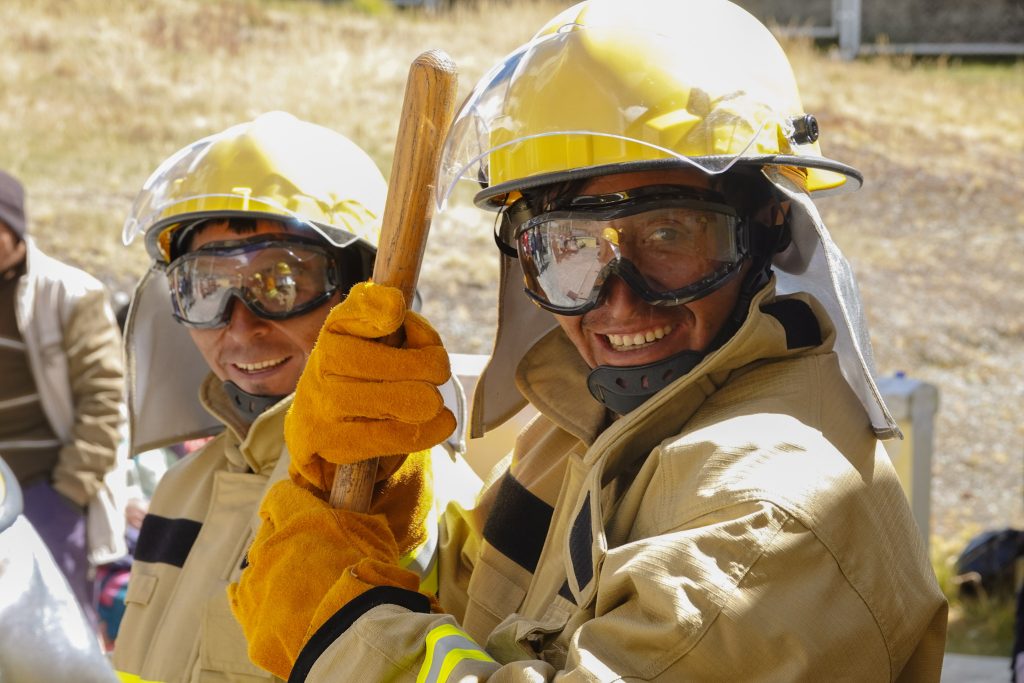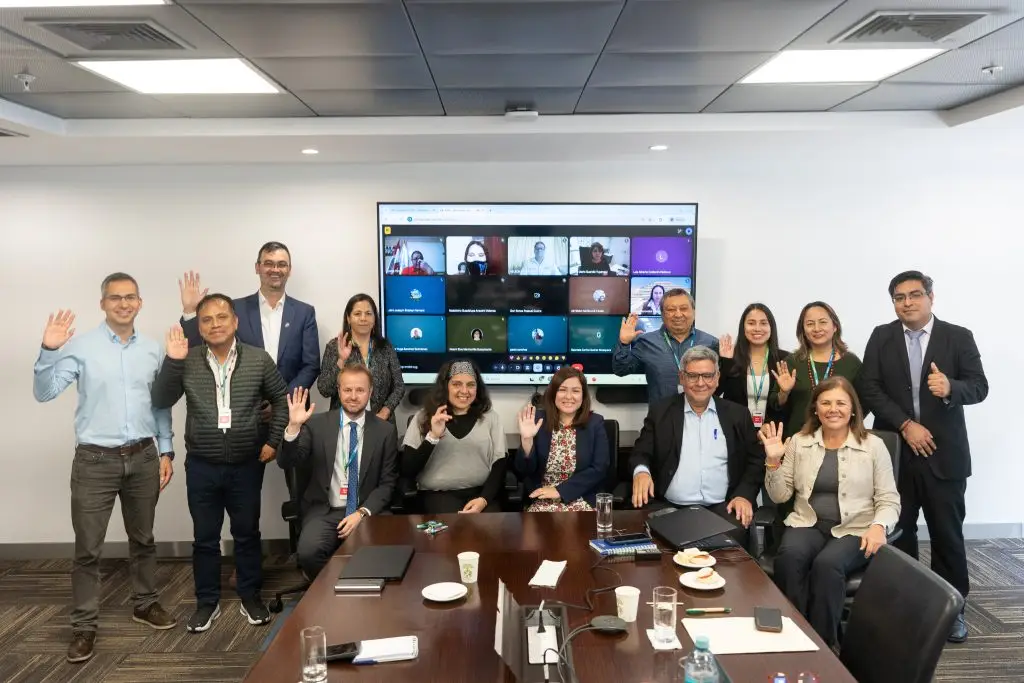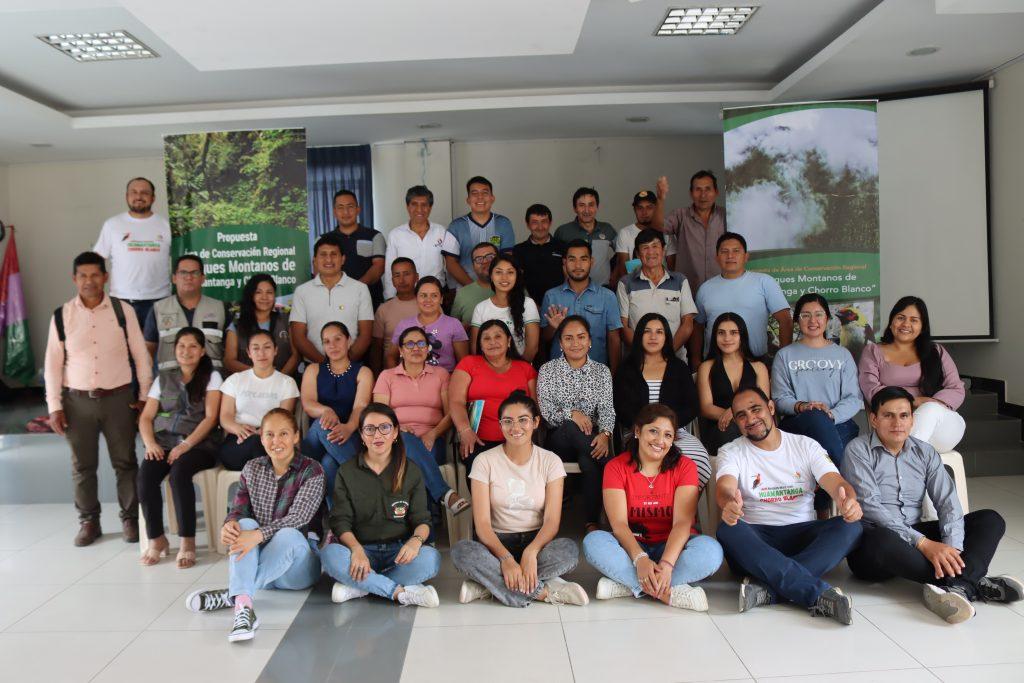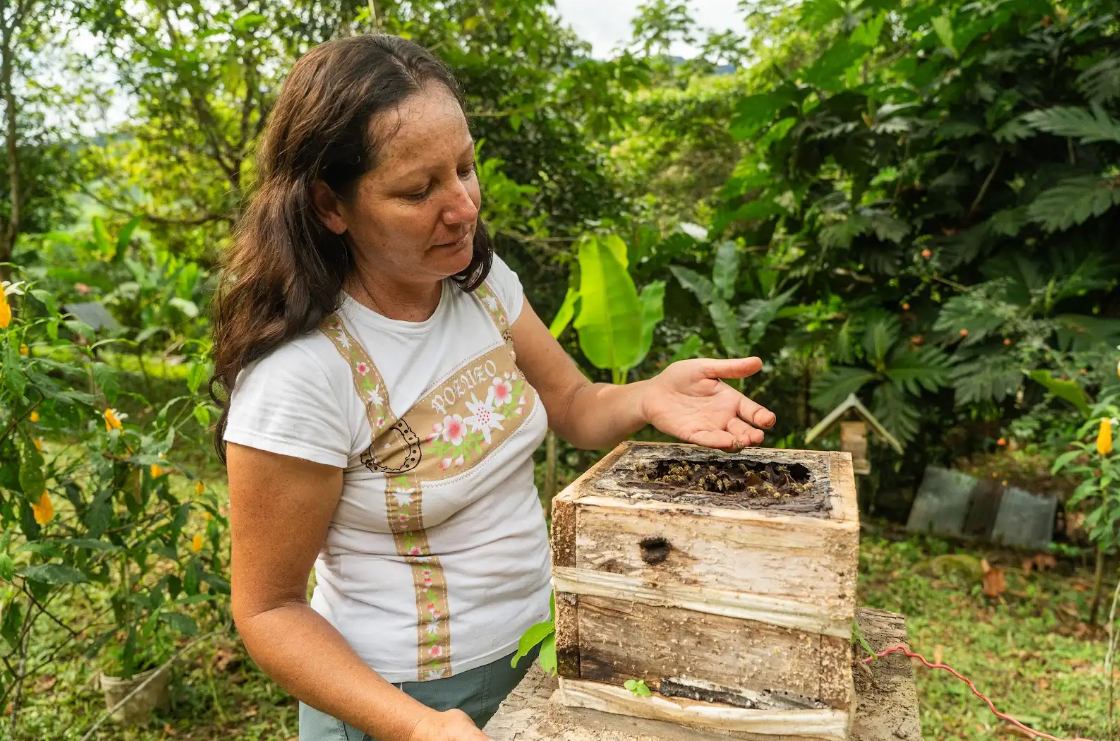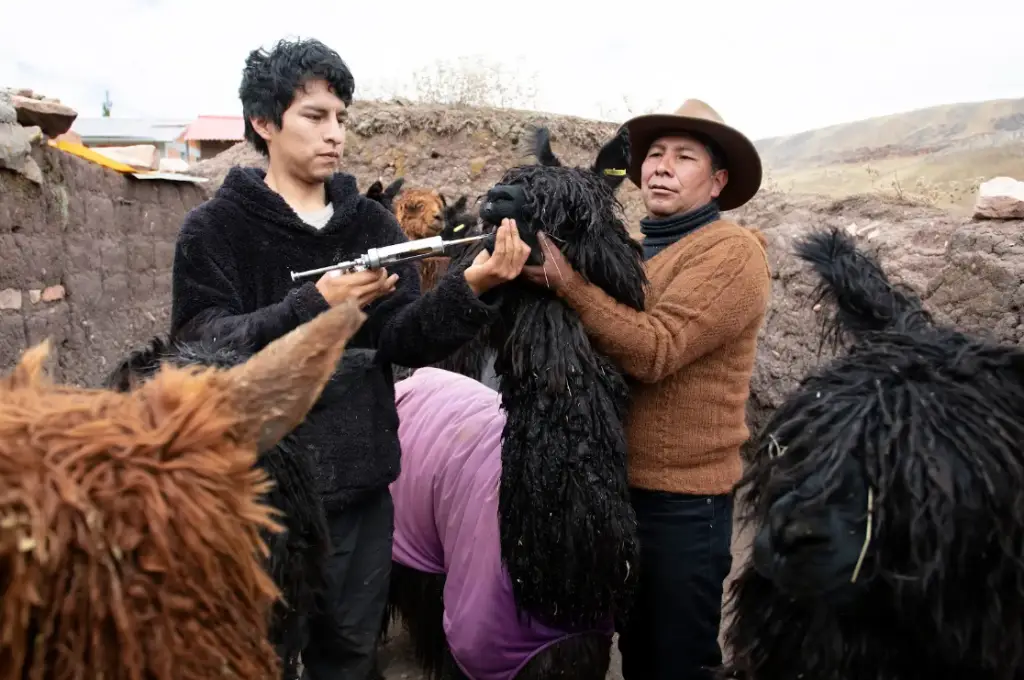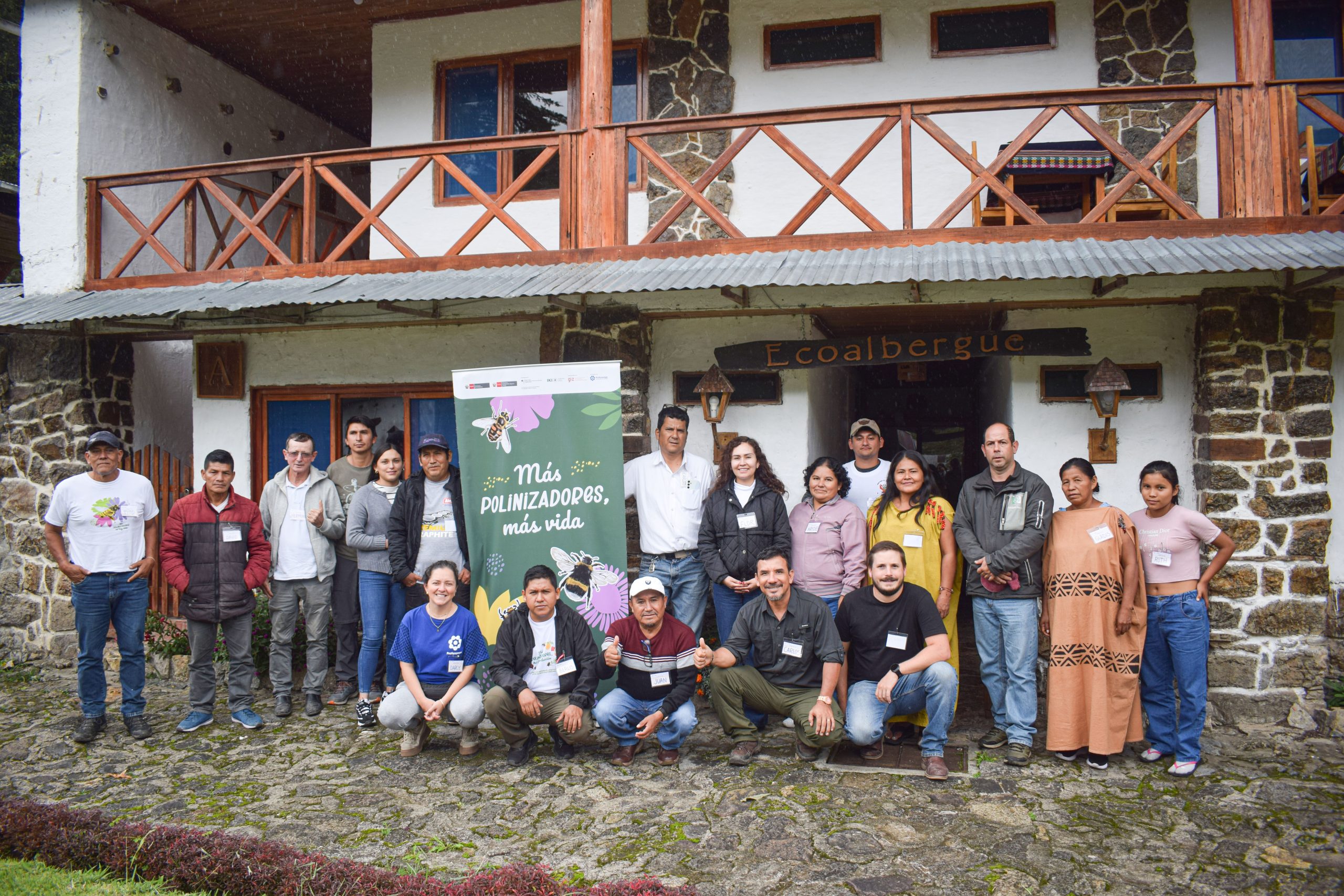Among the main milestones are the expansion of the Peru Carbon Footprint platform, the development of the AdaptAcción tool and the new Nationally Determined Contribution (NDC 3.0), which incorporates a climate justice approach.
These efforts reflect a sustained effort in which the State, the private sector, indigenous peoples, international cooperation and citizens converge. More than a technical agenda, it is a commitment to strengthen the country’s resilience in the face of an increasingly challenging climate scenario.
In recent years, Peru has made significant progress. Currently, 41% of mitigation measures and 50% of adaptation measures are being implemented. Thanks to these actions, more than 27 million cubic meters of water have been stored through water harvesting in different regions of the country, benefiting close to three million people. These figures show that climate action, when effectively articulated, generates tangible impacts in the territories.
A key part of this strategy is climate finance. The country has designed mechanisms to channel resources from public funds, international cooperation and private companies. These include instruments such as the Global Environment Facility (GEF), the Green Climate Fund (GCF) and the new loss and damage fund that will come into operation in 2026.
As a result of this work, a US$14 million regenerative livestock project was recently approved, to be implemented in Cusco and Cajamarca starting in 2026. This is in addition to initiatives such as Resilient Puna, currently underway in the southern highlands.
The private sector is also consolidating its role as a strategic ally in climate action. More than 2,500 organizations are currently participating in the Carbon Footprint Peru program promoted by the Ministry of the Environment (MINAM) and half of the companies adhered to the United Nations Global Compact have already measured their carbon footprint. Guilds such as ASOCEM are incorporating renewable energies and more sustainable processes in their operations, thus reinforcing the company’s commitment to reducing emissions and adapting to climate change.

In this episode of Capital Natural, the discussion reflects on the efforts that demonstrate the country’s commitment to sustainable, low-emission development.
In this context, the former Director General of Climate Change of MINAM, Berioska Quispe, participated in the Capital Natural podcast to reflect on the country’s progress.
During the interview, she stressed that “climate change is everyone’s task” and underscored the importance of joining efforts from different sectors to move towards a more sustainable development model. During COP 30, the Peruvian delegation will present the National Strategy for Climate Change to 2050, the National Registry of Mitigation Measures, the progress of Peru’s Carbon Footprint and the NDC 3.0. In addition, a new supreme decree on adaptation and mitigation measures will be announced, as well as the renewal of the Peru-Norway-Germany Joint Declaration of Intent, which has allowed the conservation of 6.3 million hectares of forests.
Peru’s participation in this summit represents an opportunity to consolidate alliances, mobilize financing and amplify the country’s voice in the face of a global crisis that admits no delay. Climate change is not a distant phenomenon: it has a direct impact on the water, food and economic security of millions of Peruvians. Faced with this scenario, every action (from conserving forests to transforming consumption habits) counts.
This interview was given as part of the Capital Natural podcast, an initiative led by Profonanpe that can be listened to on YouTube and Spotify. You can watch it at this link.


